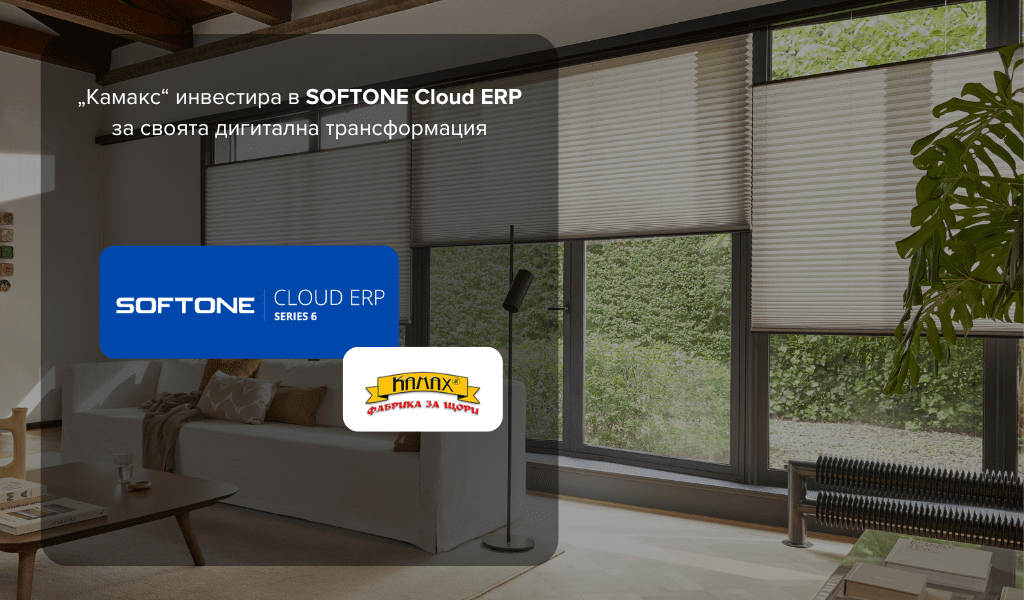Share
Read also

Business Software
Пазарът на CRM през 2025: В отговор на нарастващите изисквания на клиентите

News & Events
„Камакс“ инвестира в SΟFTONE Cloud ERP за своята дигитална трансформация

Trends & Views
Как дигиталната трансформация подпомага развитието на бизнеса

News & Events
SOFTONE разширява своята екосистема с нов стратегически партньор
Management and security policies
Firstly, IT executives will have to develop a multi-endpoint strategy and manage different ownership models for mobile devices. Given that the enterprise market for mobile cross-platform development has significantly grown, businesses need to safeguard their investment. The primary goal for businesses is to be able to manage the next generation of operating systems, device types or IoT modules. They should also be able to safely transfer their data to wearables and safely connect the sensors of IoT-enabled devices.
The above require an Enterprise Mobility Management (EMM) solution that is flexible enough to manage multiple device types and operating systems, as well as manage future requirements, without additional complications in its deployment. The device management policies vary depending on the business, the country or even the individual employee. Businesses must be able to manage devices according to each employee’s role, renewing their policies accordingly.
BYOD and COPE
The presence of BYOD in daily business operations is not to be overlooked. On the other hand, there are certain industries where security is of vital importance and the use of personal devices can create important issues. It must be admitted: BYOD is not for all. The primary tool used to support BYOD users is a multi-OS EMM platform that can safeguard user privacy and at the same time, provide the required protection for the corporate data stored in mobile devices. This platform will offer a method to integrate secure applications and content to mobile devices.
When it comes to BYOD, a good strategy for maximum security is to deploy a Corporate Owned, Personally Enabled (COPE) enterprise model, as an alternative. COPE and BYOD share a common objective, that is to enhance employees with mobile devices that can be safely used both for professional and personal communications. BYOD focuses on expanding the use of personal devices at work, while COPE gives more emphasis to the professional aspect, where IT has predicted, adjusted and programmed part of the device for personal use.
Safer apps
Another important part of the right EMM strategy is the protection of enterprise apps. It must be noted that applications play an increasingly significant role in the enhancement of productivity and business efficiency. Small and medium businesses become more and more adjusted to the modern mobile environment, recognizing the need to provide access to their enterprise apps through smartphones and develop their own enterprise-to-customer apps.







